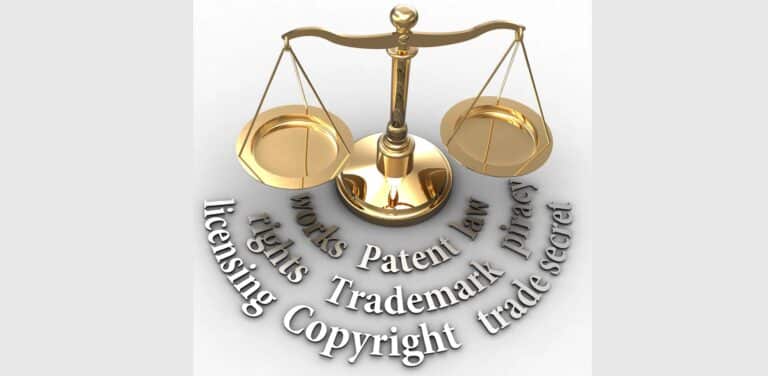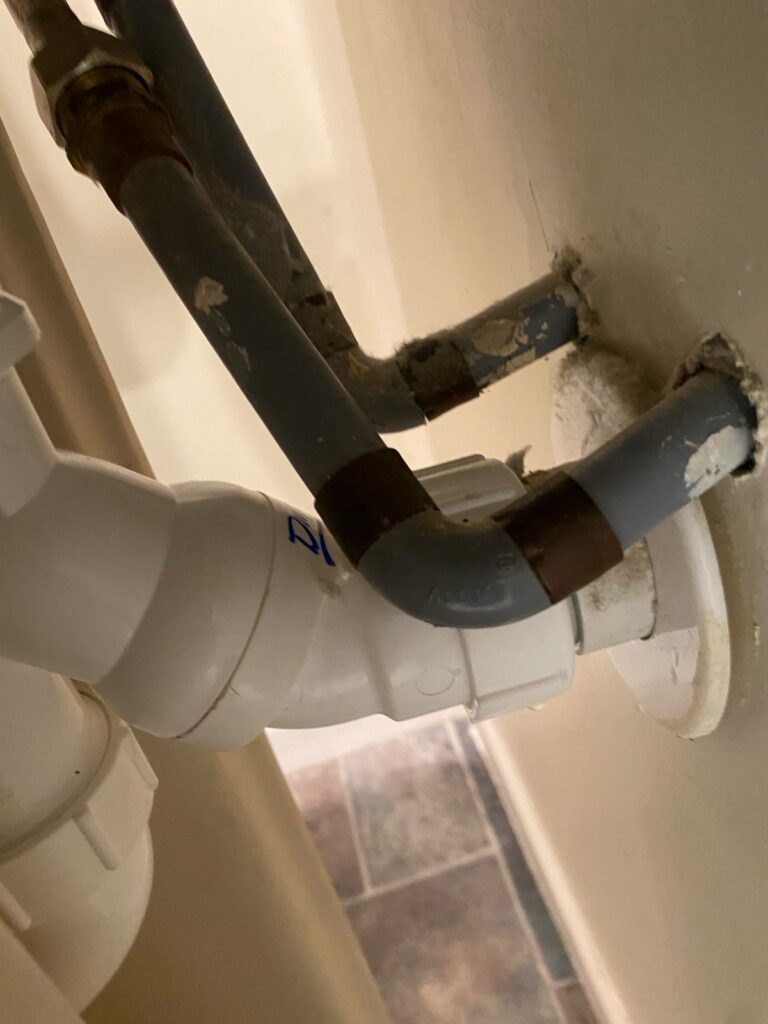What You Need To Ask Before Hiring A New Zealand IP Lawyer

Choosing the right IP lawyer is one of the most important decisions for safeguarding your intellectual property. For businesses and individuals in New Zealand, intellectual property is not just an asset—it’s the backbone of innovation and growth. Whether you’re protecting a trademark, filing a patent, or defending your creative works, an experienced IP lawyer can make all the difference.
Asking the right questions before hiring an IP lawyer ensures you find someone who understands your unique needs. It’s the foundation of a successful, collaborative relationship that protects your IP and helps you navigate New Zealand’s evolving legal landscape.
Understanding Their Expertise and Experience
What Areas of IP Law Do You Specialise In?
Intellectual property law is diverse, covering everything from trademarks and patents to copyrights and trade secrets. A lawyer specialising in trademarks may not have the same expertise in patent law. By clarifying their area of focus, you ensure their skills align with your specific needs, whether you’re protecting a brand name or patenting a groundbreaking innovation.
In New Zealand, where industries such as technology, agriculture, and creative arts thrive, choosing a lawyer with niche expertise in your sector can add tremendous value.
How Long Have You Been Practicing IP Law in New Zealand?
Experience matters, especially when it comes to understanding the unique nuances of New Zealand’s IP landscape. Laws governing intellectual property can differ significantly from one jurisdiction to another, so a lawyer familiar with local regulations and precedents can provide invaluable insights.
For instance, a lawyer with years of experience might know how to navigate regional complexities, such as protecting indigenous knowledge or addressing cross-border IP issues.
Can You Provide Examples of Similar Cases You’ve Handled?
One of the best ways to assess an IP lawyer’s competence is by reviewing their track record. Have they successfully registered trademarks or defended patents in court? Are they familiar with cases that resemble your situation?
Asking for specific examples—while respecting client confidentiality—can give you confidence in their ability to handle your case. For example, if you’re launching a new product, you’ll want a lawyer who has successfully guided other businesses through similar processes, from filing patents to enforcing rights against infringement.
Evaluating Their Approach and Services
What Is Your Process for Handling IP Matters?
When hiring an IP lawyer, it’s essential to understand how they approach their work. A clear and well-structured workflow indicates professionalism and efficiency. From the initial consultation to the final resolution, each step should be transparent. This includes timelines for drafting, filing, or defending intellectual property and how they communicate progress.
Clear communication is key. A good lawyer will keep you informed at every stage, providing updates and explaining complex legal processes in plain terms. Knowing their process ensures you’re not left in the dark and helps build trust and confidence in their ability to manage your case effectively.
How Do You Stay Updated on Changes to NZ IP Law?
The landscape of intellectual property law is constantly evolving, particularly in New Zealand, where recent changes to legislation like the Commerce Act 1986 amendments have had significant implications for IP rights. It’s crucial to hire a lawyer who stays informed about such developments.
Ask how they keep their knowledge current. Do they attend workshops, participate in professional organisations, or follow global IP trends? Lawyers who proactively engage with ongoing education are better equipped to provide you with cutting-edge advice and adapt strategies to meet new legal challenges.
Do You Offer Cross-Border IP Services?
For businesses operating beyond New Zealand’s borders, protecting intellectual property internationally is a critical concern. IP laws differ significantly between countries, and navigating these differences requires expertise in cross-border matters.
An experienced IP lawyer should be able to advise on filing patents or trademarks internationally, managing disputes in foreign jurisdictions, and ensuring your IP rights are upheld across borders. Ask about their experience with global IP strategies and how they collaborate with international partners to protect your interests on a broader scale.
Cost and Value
What Are Your Fees and Billing Structure?
Understanding the cost of legal services upfront is essential. Most IP lawyers in New Zealand offer various billing structures, such as hourly rates, fixed fees, or retainer agreements. Each option has its pros and cons, depending on the complexity and duration of your case.
Transparency is key. A lawyer should provide a detailed breakdown of costs, including what services are covered under their fees. Knowing this information upfront can help you budget effectively and avoid unexpected expenses.
Are There Additional Costs I Should Be Aware Of?
Beyond the lawyer’s fees, additional costs can arise. These might include government filing fees for trademarks or patents, charges for litigation, or the cost of supplementary legal advice. It’s important to clarify whether these are included in the initial estimate or billed separately.
Ask for a comprehensive breakdown of all potential costs. This ensures you’re prepared for any financial obligations and can evaluate whether the lawyer’s services align with your budget.
How Do You Provide Value Beyond Legal Advice?
A great IP lawyer does more than just draft contracts or register trademarks. They act as strategic partners, offering guidance on how to leverage your intellectual property for business growth. This might include advising on commercialisation opportunities, risk management, or ensuring compliance with industry regulations.
By asking how they add value, you’ll gain insight into their broader approach to client relationships. Value-added services can make a significant difference, especially for businesses looking to maximise the potential of their intellectual property.
Building Trust and Confidence
What Sets You Apart From Other IP Lawyers in NZ?
Every IP lawyer brings their own unique strengths to the table. Some might specialise in specific industries, while others have built a reputation for innovative legal strategies or award-winning client service. Understanding what sets your lawyer apart can help you determine if their expertise aligns with your needs.
Look for lawyers who can point to specific achievements, such as successful litigation, landmark cases, or industry recognition. These indicators show they have a proven track record of delivering results. A lawyer’s ability to articulate their unique approach can also give you confidence in their capabilities.
Can I Speak to Past Clients or See Testimonials?
Client feedback is an invaluable resource when evaluating an IP lawyer. Testimonials and references provide insight into how the lawyer communicates, their level of professionalism, and their overall effectiveness.
Don’t hesitate to ask for references or read online reviews. Past clients’ experiences can help you gauge whether the lawyer’s style and approach are a good fit for your needs. It’s especially useful to hear how they’ve handled cases similar to yours.
How Will You Keep Me Updated on My Case?
Regular updates are essential to maintaining trust and ensuring that your case progresses smoothly. Ask your lawyer how they plan to keep you informed. Will they provide updates via email, phone calls, or a client portal? How often will you hear from them?
Effective communication is a hallmark of a great lawyer. Knowing that your lawyer prioritises keeping you informed can make a big difference in your overall experience. It also helps prevent misunderstandings or delays.
Additional Considerations
What Happens If My IP Is Infringed?
Intellectual property infringement can be costly and disruptive. Ask your lawyer how they handle such cases. Do they begin with cease-and-desist letters or attempt to negotiate resolutions? Are they experienced in pursuing litigation if necessary?
Proactive strategies are key to defending your IP rights. A good lawyer will not only act when infringement occurs but also help you put measures in place to minimise risks beforehand.
Do You Offer Training or Workshops on IP Management?
For businesses looking to strengthen their IP strategies, education can be a powerful tool. Some lawyers offer workshops or training sessions to help clients better understand IP management. This might include conducting IP audits, ensuring compliance with laws, or training staff on best practices.
These services can be especially valuable for companies with growing portfolios or those entering new markets. They provide the tools you need to protect your assets effectively.
Are You Affiliated With Professional Organisations or Certifications?
Affiliations with professional bodies, such as the New Zealand Law Society (NZLS) or international IP associations, demonstrate a lawyer’s commitment to maintaining high standards in their field. Memberships and certifications can also indicate that the lawyer stays current with legal developments and industry trends.
Ask about their professional affiliations and any additional certifications they hold. These credentials can provide reassurance that you’re working with a knowledgeable and dedicated professional.
FAQs About Hiring an IP Lawyer
How do I know if I need an IP lawyer for my business?
If you’re creating, owning, or managing intellectual property—whether it’s a trademark, patent, copyright, or trade secret—an IP lawyer can help protect these assets and ensure you’re legally secure.
What’s the difference between a general lawyer and an IP specialist?
IP specialists focus exclusively on intellectual property law, offering niche expertise that general lawyers may lack. They’re better equipped to handle the complexities of IP filings, enforcement, and disputes.
How long does it take to resolve common IP issues?
Timelines vary depending on the complexity of the issue. Registering a trademark might take months, while resolving disputes can span years. A lawyer can provide an accurate timeline based on your case.
Can an IP lawyer help protect my business internationally?
Yes, experienced IP lawyers can navigate international filings and disputes, ensuring your intellectual property is protected across borders.
How much does it cost to register a trademark or patent in NZ with legal assistance?
Costs depend on the type of IP and the lawyer’s fees. For example, trademark registration typically ranges from a few hundred to a few thousand dollars.
What’s the process for dealing with IP infringement in New Zealand?
Dealing with infringement often starts with a cease-and-desist letter. If the issue escalates, the process may involve negotiation, mediation, or litigation.
Do I need an IP lawyer if I’m a small business or startup?
Absolutely. Protecting your intellectual property early on can save you from costly legal battles and help secure your competitive edge.
How can an IP lawyer help me commercialise my innovations?
They can assist with licensing agreements, partnerships, and strategies to monetise your IP effectively, ensuring you maximise its value.
Choosing the Right IP Partner
Selecting the right IP lawyer is more than a business decision; it’s a partnership that can shape the future of your intellectual property. By asking the right questions, you ensure that the lawyer you choose has the expertise, communication skills, and transparency to support your needs.
A trusted IP partner can guide you through challenges, seize opportunities, and protect your most valuable assets. Take the next step by scheduling a consultation with a reputable IP lawyer to get started on safeguarding your intellectual property today.
Get your business noticed by creating an online directory listing. Listings are FREE and you can create as many as you need.
- Get found by locals


